Activation of CD4+ T cells induces autophagy, a catabolic process through which cell components are sequestered into autophagosomes that fuse with lysosomes to degrade cargo. The functional role of activation-induced autophagy has not been determined yet. In this collaborative work together with Fernando Macian's group (Albert Einstein College of Medicine), we identify autophagy as a key tolerance avoidance mechanism. Data from Enric Mocholi, who has worked in both labs, has revealed that inhibition of autophagy during T cell activation induces a long-lasting state of hypo-responsiveness in effector T helper cells, accompanied by the expression of an anergic gene signature. Cells unable to induce autophagy after TCR engagement show inefficient mitochondrial respiration, and reduced TCR-mediated signaling. In vivo, inhibition of autophagy during antigen priming induces CD4+ T cell anergy and decreases the severity of disease in an experimental autoimmune encephalomyelitis model. Interestingly, CD4+ T cells isolated from the synovial fluid of juvenile idiopathic arthritis (JIA) patients, while resistant to suboptimal stimulation-induced anergy, can be tolerized with autophagy inhibitors. Autophagy constitutes, thus, a tolerance avoidance mechanism which determines CD4+ T cell fate. Targeting autophagy in T helper cells may represent a novel therapeutic approach to induce tolerance and treat autoimmune disease. This work has been published in Cell Reports.

